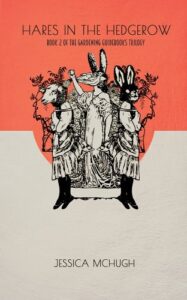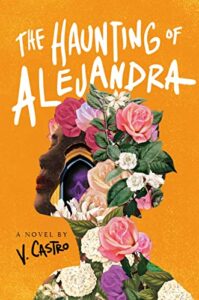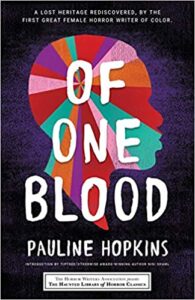Hares in the Hedgerow (The Gardening Guidebooks Trilogy #2) by Jessica McHugh
Ghoulish Books, 2022
ISBN: 9781943720767
Available: Paperback, Kindle edition
Buy: Bookshop.org
Little did readers of Rabbits in the Garden, the first book to introduce Avery and her crazy mother Faye in The Gardening Guidebooks Trilogy, realize the full extent of the horror to come. As Avery tries to face her demons in the next book, Rabbits in the Hedgerow, by beating them out of her willing counselor while raising her sister’s daughter (Sophie), she slowly learns her mother Faye’s backstory as leader of a demented cult devoted to St. Agnes.
The central character in the new narrative, Sophie, is in terrible danger because she has been the victim of her boyfriend Liam’s machinations to bring her into the cult as its central figure. Sophie is blinded by her love for Liam as well as what she believes are her mother’s past crimes. Luckily, however, Sophie is smart enough to sort fact from fiction in time to make important decisions before Faye, her grandmother, leads everyone to their doom.
In Hares in the Hedgerow, McHugh drives us full force into the psychological twists and turns of a cult’s sickness and the damaged minds of its victims. There is no shortage of physical violence in this book. We see the devastation of human lives up close, and it is unrelenting. The plot is a carefully layered history of three generations of women who have been their own worst enemies as well as destroyers of the people around them. Anything can happen, but none of it is going to be good.
Just as in the first book in the trilogy, the second is fast-paced with past and present events illuminating our understanding of the characters and leading to yet another explosive ending. But, just as compelling as the momentum is the way McHugh makes us believe we are looking into the minds of real people, the type that would have followed someone like Charles Manson. There is the fear we feel for the characters but also the fear we feel for ourselves knowing that fanaticism and a skewed perception can, in fact, exist side by side in the real world and that everyday people sometimes create horror and then willingly enter into it in senselessly appalling ways.
Reviewed by Nova Hadley







Follow Us!